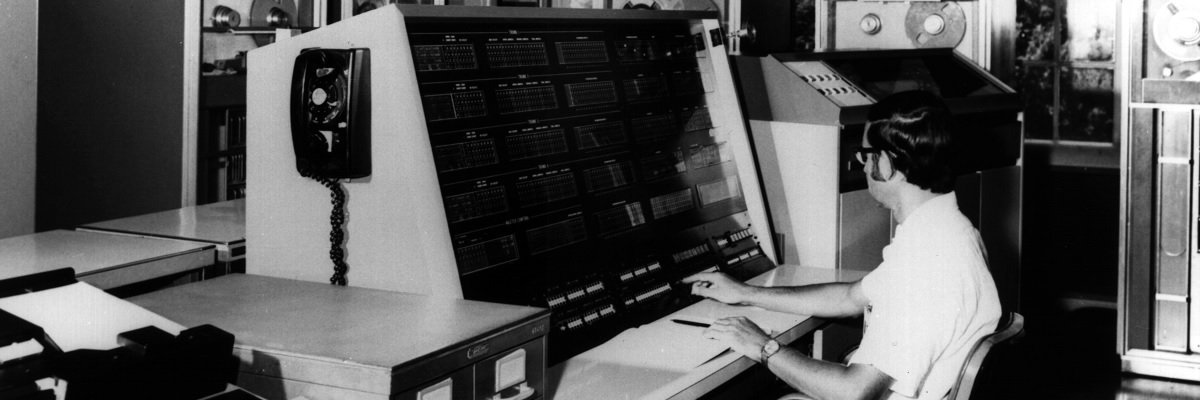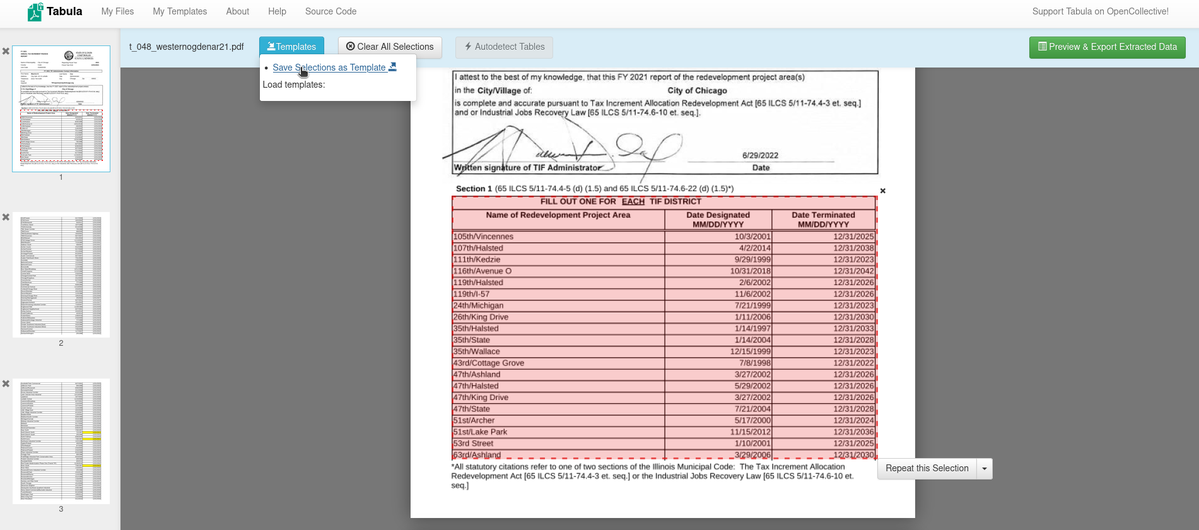Last week we mostly spent fixing a few bugs that popped up rarely but still needed quashing. Chief among them: A bug that broke request pages if they had multiple communications that each had hundreds of communications.
For previous site improvements, check out all of MuckRock’s release notes, and if you’d like to get a list of site improvements every Tuesday - along with ways to help contribute to the site’s development yourself - subscribe to our developer newsletter here.
What’s new on MuckRock
Fixing requests with lots of communications that have lots of files
Over the years, we’ve modified the site’s request display to handle requests that had a lot of communications and requests that had lots of files (for this latter, it will occasionally send you to view another link that paginates the whole bundle of attachments). What we missed, however, was lots of communications that each had lots of files.
Exporting Assignment data works for non-registered users
A few weeks ago, our Assignments tool gained support for allowing submissions without requiring volunteers to enter their email addresses. Unfortunately, nobody told the data export tool, so in some cases it broke. This is now fixed.
Let us know what features to be working on
We’re doing our second annual user and reader survey for a few more weeks. Hearing from you about what you like, where we can improve, and your general feedback is incredibly helpful as we plan out our development goals for the next year.
Please take a few minutes to fill out the survey — three lucky participants will even win free MuckRock swag or a $25 gift certificate to the retailer of their choice!
Apply to build Quackbot’s next super power
A reminder that we’re still taking applications to be our News Nerd in Residence, where you’ll get a chance to work with our team on building new super powers for Quackbot, our chatbot platform for news and transparency tools. To help, we have an open call for “News Nerds in Residence”: Selected developers are given a stipend to work hand-in-hand with us to take their ideas, prototypes, or internal tools and make them available for everyone to be able to take advantage of right within Slack.
If you have a simple, useful tool you think could translate well into a chat-based bot, we’d like to hear from you.
The application is just four questions, embedded right below - but if you have questions, get in touch with Aron Pilhofer and we’d love to talk about whether your idea is a good fit.
Come hack on MuckRock
We have a growing group of volunteer hackers helping to make MuckRock’s suite of tools better every day. We have a project and a weekly newsletter, “Release Notes,” that highlights everything we’re working on. Register to get a summary of site updates each week and details on open issues you can help with.
Check out some of our issues labeled “help wanted” for ideas on where’s good to start, or just pop into our Slack’s #Developers channel.
Subscribers to the weekly newsletter get exclusive data sets, FOIA-related scripts, and other transparency hacker tidbits exclusively for subscribers. You can subscribe to to the newsletter at the top or bottom of this page.
If you want to contribute better FOIA tools for thousands of requesters, there’s a number of ways to help. If you find a bug you can email us directly or open an issue on GitHub.
If you do the latter, please search open issues first to make sure it hasn’t already been reported. If it has been reported previously, please leave an additional comment letting us know it’s an issue for you, particularly if you can provide more details about when it crops up or what you think is causing the problem.
In addition to the new newsletter, we have a developer channel on the MuckRock Slack.
Image via Wikimedia Commons




